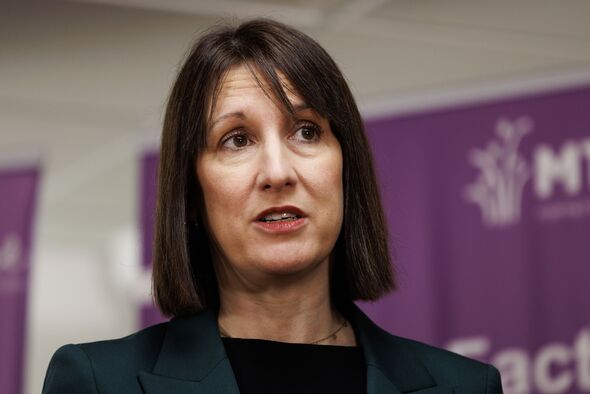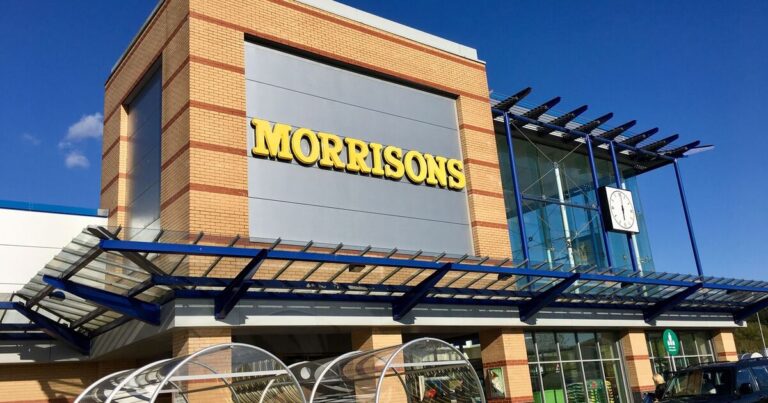
Britain’s leading economists are warning of further crushing increases in taxes to fund public services despite promises made by the Chancellor Rachel Reeves.
A poll of 96 of the nation’s best financial forecasters for the Financial Times argues higher taxes before the next election will be the only way to balance the books.
And it is suggested that increases could be applied to both income tax and VAT, which would be at odds with Labour’s election pledges not to hit working people in the pocket.
Labour came under fire for a £40 billion increase in taxes announced in the October budget, which were applied to businesses rather than individuals, mainly through changes to National Insurance.
At the time, the Chancellor indicated these would be the only significant changes during the Parliament – however these assurances have subsequently been watered down.
The economists expect the UK will return to growth this year, outpacing France and Germany, but this will not bring in enough through taxes to sustain spending commitments.
The FT said most of the economists expect only a tepid rate of growth this year, short of the 2 percent predicted by the Office for Budget Responsibility (OBR) which vets the government’s tax and spending plans.
“Growth will undershoot the government and the OBR’s forecasts,” said Maxime Darmet, senior economist at Allianz Trade. “Therefore, tax receipts will probably undershoot as well.”
All but a handful of respondents said UK chancellor Rachel Reeves would end up increasing taxes again before the next general election, expected in 2029.
Andrew Oswald, professor of economics and behavioural science at Warwick university, said there would be “a dawning realisation . . . that without income tax and VAT rises, we cannot make the damn sums work”.
Reeves, who took office warning that Labour had inherited “the worst set of circumstances since the second world war”, increased employers’ national insurance contributions by £25bn in her autumn Budget — a move set to take effect in April.
“The government has chosen to frighten business, which has hit confidence,” said Sir Howard Davies, professor of practice at the Paris Institute of Political Science and former director of the London School of Economics.
He added that, given the impact on confidence, the UK would remain “just outside the Champions League” in the G7 growth rankings.
Britain’s greater political stability and services-based economy meant it would fare better in 2025 than France and Germany, which may be hit harder by potential US tariffs threatened by president-elect Donald Trump, the survey found. However, most economists expected some negative impact from Trump’s policies on the UK.
On a positive note, the economists expect wages to rise faster than prices, making people feel better off.
However, they added that people would not feel much of an improvement because prices and borrowing costs were still high and the rising tax burden was fuelling anxiety over job security.
The FT’s survey closed before a series of data releases showed the scale of the challenge facing Reeves this year. These included figures showing that the UK economy stalled in the second half of 2024.
Diane Coyle, professor of public policy at Cambridge university, said Labour will need to take much more radical action to return the UK economy to the rates of growth experienced before the financial crash of 2008.
Other respondents described Labour’s current plans, which imply that growth in public service spending will slow sharply from 2026, as “implausible,” “unrealistically tight” and “not politically credible”.
At the Confederation of British Industry conference in November, the Chancellor said there would be no repeat of the £40 billion tax hikes announced in her first Budget.
“I’m really clear: I’m not coming back with more borrowing or more taxes,” she said.
Ms Reeves was later asked several times to re-commit to no more borrowing or taxes at Treasury questions in December. She replied that the Government will “never have to repeat a Budget like that”.

















